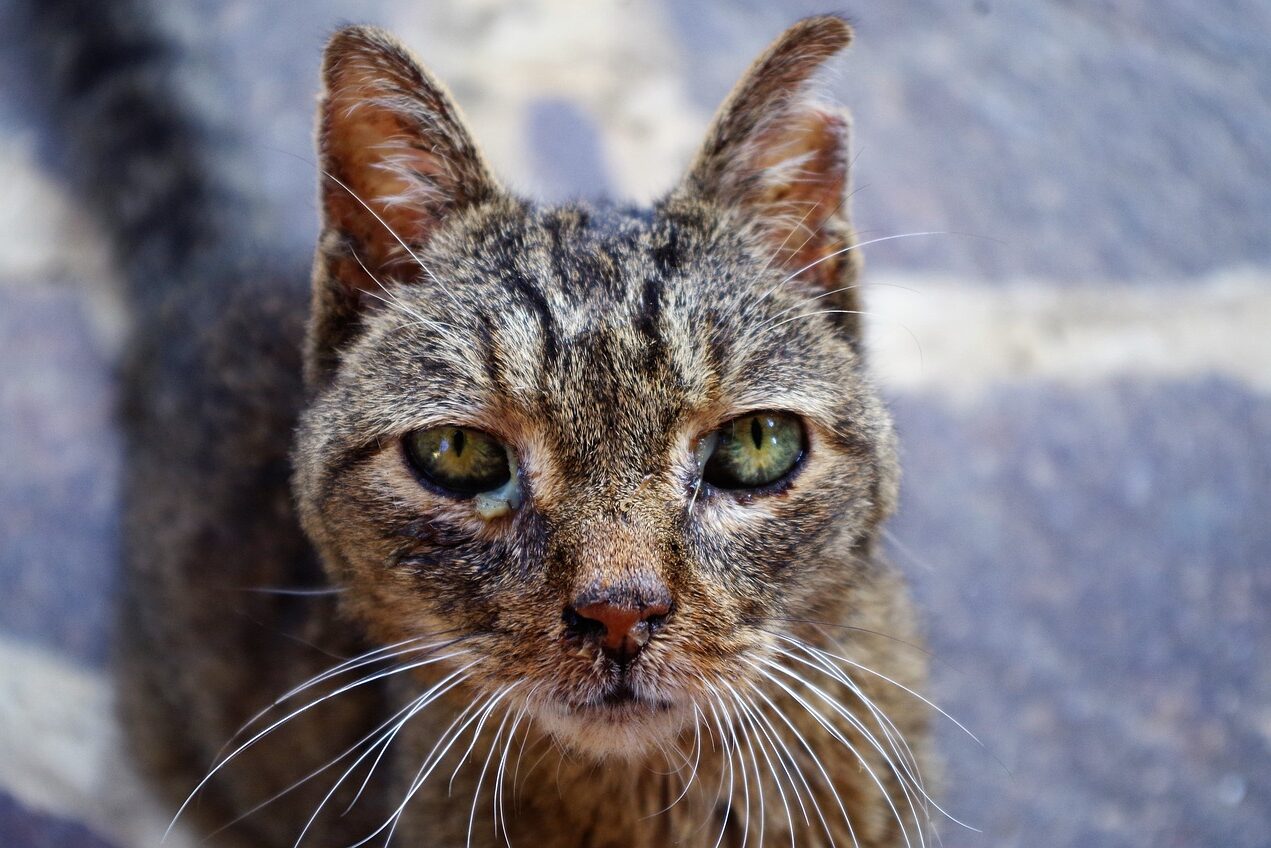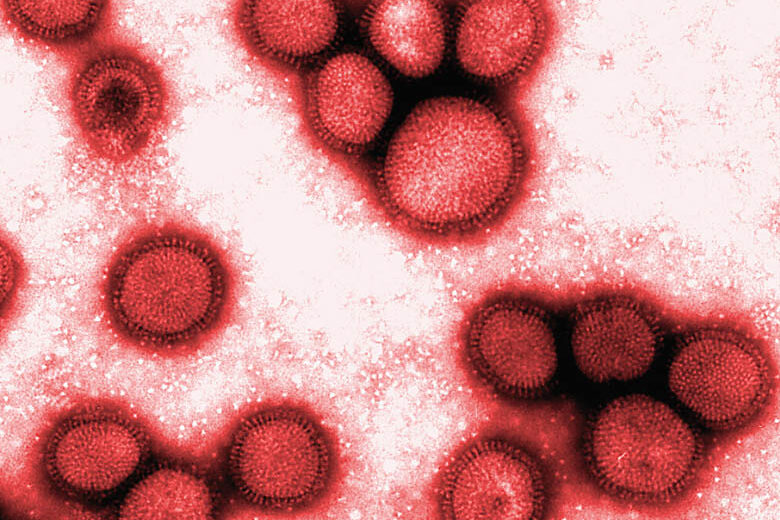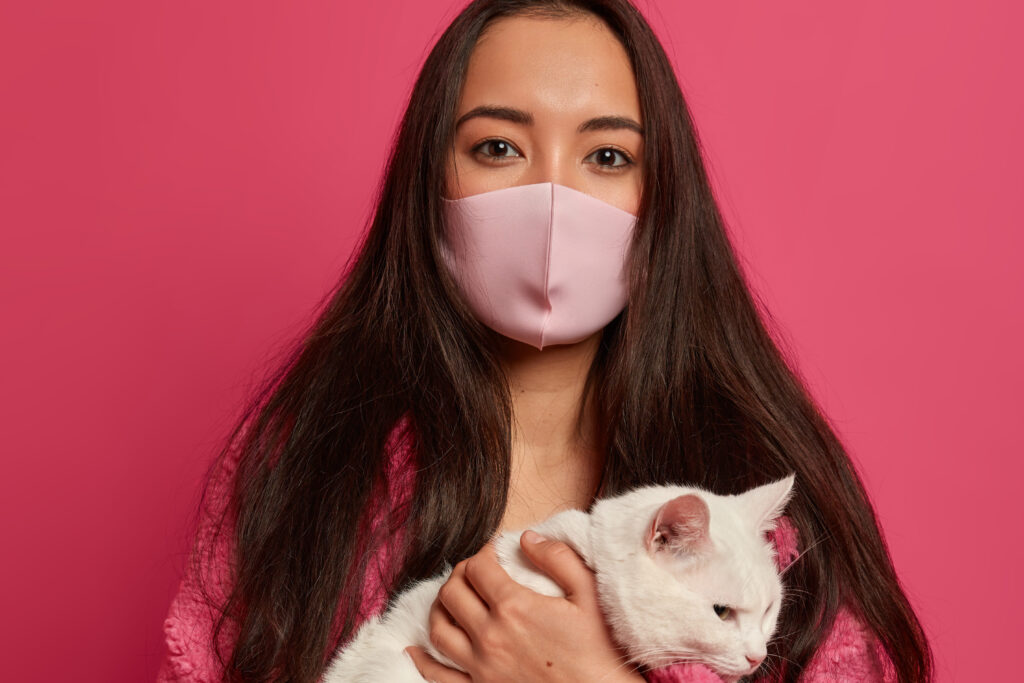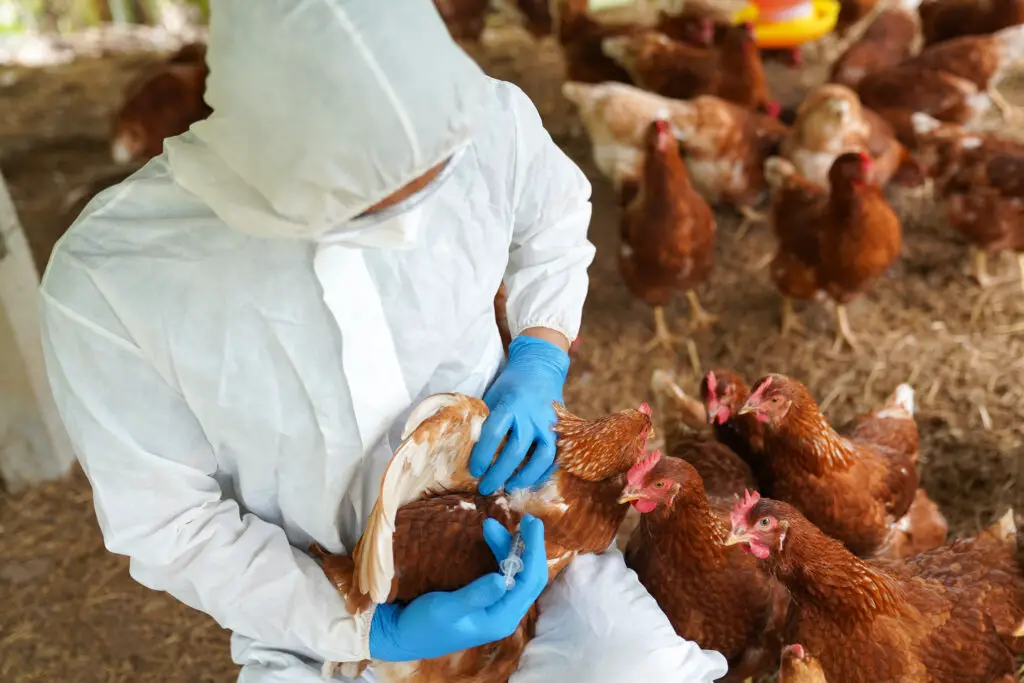1. Birds Are the Primary Carriers of Avian Influenza

Bird flu mainly affects wild waterfowl, poultry, and domesticated birds, but veterinarians warn that pets can be exposed through contact with infected birds or contaminated environments. Pets that roam outdoors or hunt are at higher risk. Although transmission to pets is rare, owners should keep animals away from sick or dead birds and avoid areas heavily trafficked by wild birds to minimize any chance of exposure.
Medical Source: US Dept of Agriculture (USDA)
2. Symptoms in Pets Can Mimic Other Illnesses

If a pet contracts bird flu, symptoms may resemble common illnesses and include coughing, sneezing, lethargy, loss of appetite, and digestive issues. Severe cases can cause breathing problems or neurological symptoms. Because these signs overlap with other conditions, veterinarians urge owners to seek prompt care if a pet shows illness after possible exposure to wild birds. Diagnosis typically requires a full veterinary exam and specific testing for avian influenza.
Medical Source: Hingham Animal Clinic
3. The Risk of Infection is Extremely Low

Veterinarians stress that while pets can contract bird flu, the risk is extremely low. The CDC reports very few confirmed cases in cats or dogs. Pets that stay indoors or avoid areas with infected birds face minimal danger. Experts recommend limiting contact with wild birds and supervising pets outdoors to further reduce exposure, especially in regions with active outbreaks.
Medical Source: American Veterinarian Medical Association
4. Avian Influenza Does Not Spread Easily Between Animals and Humans

Veterinarians reassure pet owners that bird flu rarely spreads between species, including from birds to pets or from pets to humans. There are no confirmed cases of pets transmitting avian influenza to people. The virus typically requires close, direct contact to spread. Experts recommend practicing good hygiene, like washing hands after handling birds or cleaning up after pets, to minimize even the very low risk of exposure.
Medical Source: Center For Disease Control (CDC)
5. Preventive Measures Can Greatly Reduce the Risk

To keep pets safe from bird flu, veterinarians recommend avoiding contact with wild birds and steering clear of parks or ponds during outbreaks. Pets should stay indoors when bird flu is active, or be closely supervised outdoors. If you find a dead bird, use gloves to dispose of it safely. If your pet shows any signs of illness after exposure to wild birds, seek veterinary care promptly for early diagnosis and treatment.
Medical Source: GOV.UK


